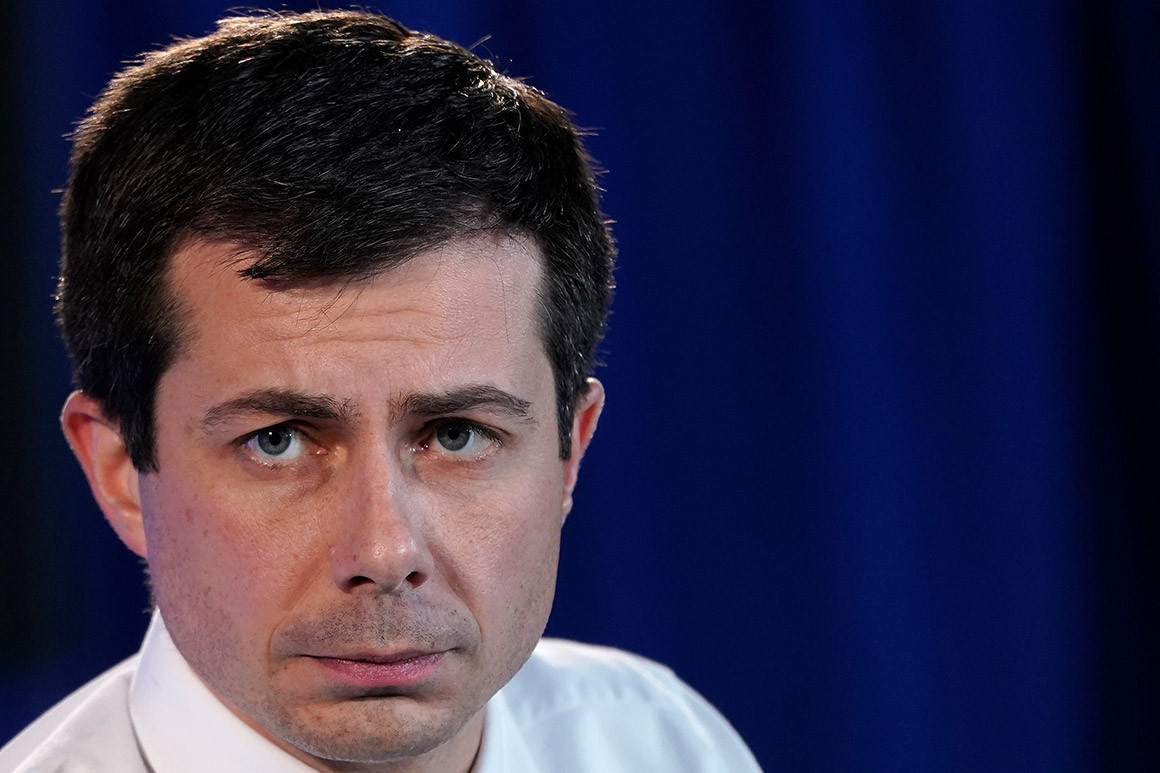The former mayor Pete Buttigieg suspended his presidential campaign on March 1st, becoming the fifth major candidate to withdraw from the Democratic primaries. His withdrawal came after a poor showing at the polls in South Carolina, where he got just 8.2% of the vote, winning him none of the 1,991 delegates needed to become the presidential nominee. Not only that, but he was polling at 10% nationally, below the 15% threshold needed to gain delegates. Yet, this is still a significant chunk of the Democratic voters, raising a question as to which of the remaining two candidates these voters will support.
A poll of preference found that 21% had Bernie Sanders as their 2nd choice compared to the 19% that chose Joe Biden. But many have argued that Biden would make the best ideological fit, due to his more moderate stance. It’s hard to deny, after all, that Pete Buttigieg’s policies were not as radical as most might expect from the first out LGBT candidate to run in the Democratic primaries. He may, at first, have appeared progressive – considering his commitment to passing the Equality Act, which would outlaw firing someone due to their identity, as well as his good track record on trans rights issues – yet this image is hindered by his unwillingness to commit neither to Medicare for All nor free college tuition, his ties to billionaire donors, and allegations that his campaign used black supporters as political props. It follows that Buttigieg was arguably too focused on optics rather than actual political change; he often spoke about a need for a politics that “brings back dignity” and that change “has a lot to do with the tone set by those in charge.” Change at the cultural level is important, but inconsequential in a fundamentally unequal society that prioritises the privileged 1%.

It is undeniable, however, that an out gay man winning the Iowa caucus is significant – there is no doubt that this kind of representation at the governmental level is long overdue. While celebrating Buttigieg’s success as a gay man in politics, we must also remain mindful of the fact that the very first out gay candidate is white, male, upper class, and went to an ivy league university. How prominently, then, does his sexual orientation figure in his identity as a politician? One only need look as far as his affiliation – or lack thereof – to the LGBT community to understand that his perspective is not radical, but assimilationist: Buttigieg himself compared being gay to “having [a different] hair colour”, stating that it has “no bearing” on his life. This is blatantly unreflective of the experience of many LGBT people, especially the transgender community, yet Pete seems oddly inattentive to this.
Not only does he represent a very limited sect of the community, he likewise seems to prioritise that same group in his politics. His main challenge in the race, in fact, was his inability to appeal to both African American and Latino voters, perhaps due to his perceived lack of urgency about racial issues, and his inadequate analysis of systemic racism in the US. You simply cannot hide bad politics behind identity politics. Similarly, the tokenisation of Buttigieg’s identity by his supporters and even by members of the LGBT community is troubling. Throughout his campaign there was a persistent notion that he ‘deserved’ the support of the community, take for example Aaron Hicklin of The Guardian stating that the LGBT community refusing to back Buttigieg “was like our own community was clipping our wings at the very moment we were learning to fly,” which, beyond being a bit twee, is also completely absurd. Any given minority is not a political monolith with the same views – it is undermining to suggest so. Likewise, it is not that communities ‘owe’ politicians anything, but rather that the politicians owe duties to their communities.
His endorsement of Biden is the nail in the coffin of any claim that Buttigieg is ‘progressive.’ Given that Biden voted for the Defence of Marriage Act 1996, an act that outlawed same-sex marriage, and has a track record of over 20 years of similar anti-LGBT voting behaviour, Buttigieg’s concerted effort to push him into the nomination is questionable. Ultimately, he represents the corporatist, moderate wing of the Democratic party. To quote Twitter user @AJaramaz: “Pete Buttigieg is like if the Bank of America pride float was a person.”
header credit: politico

